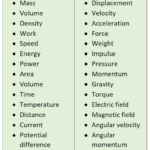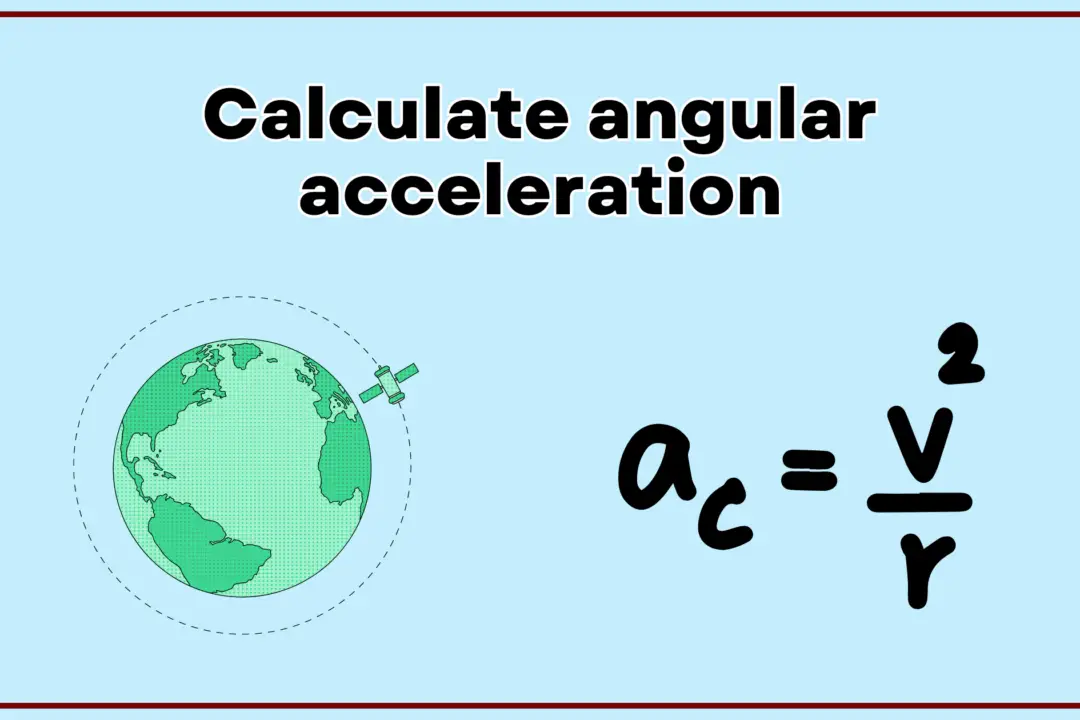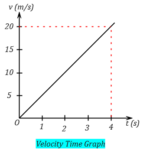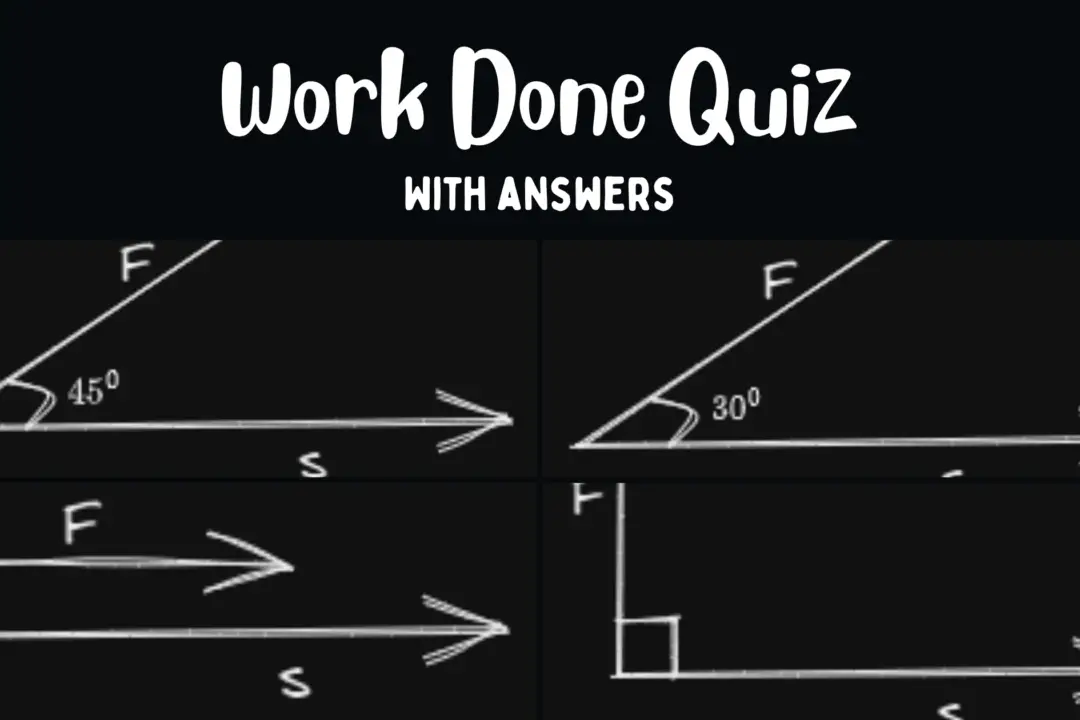The pair of quantities having same dimensions is: [PMT/NEET-2013]
a. Impulse and Surface Tension
b. Angular momentum and Work
c. Work and Torque
d. Young’s modulus and Energy
Answer: c. Work and Torque
Explanation:
To solve this problem, we need to find the dimensions of each physical quantity and identify which pair shares the same dimensional formula.
Dimensional Analysis of Each Pair
Option a: Impulse and Surface Tension
- Impulse = Force × time = $ [MLT^{-2}] × [T] = [MLT^{-1}] $
- Surface tension = Force per unit length = $ \frac{[MLT^{-2}]}{[L]} = [MT^{-2}] $
- Different dimensions
Option b: Angular momentum and Work
- Angular momentum = $ mvr = [M][LT^{-1}][L] = [ML^{2}T^{-1}] $
- Work = Force × displacement = $ [MLT^{-2}] × [L] = [ML^{2}T^{-2}] $
- Different dimensions
Option c: Work and Torque
- Work = Force × displacement = $ [MLT^{-2}] × [L] = [ML^{2}T^{-2}] $
- Torque = Force × perpendicular distance = $ [MLT^{-2}] × [L] = [ML^{2}T^{-2}] $
- Same dimensions!
Option d: Young’s modulus and Energy
- Young’s modulus = Stress/Strain = $ \frac{[ML^{-1}T^{-2}]}{\text{dimensionless}} = [ML^{-1}T^{-2}] $
- Energy = $ [ML^{2}T^{-2}] $
- Different dimensions
Physical Significance
Both work and torque have dimensions $ [ML^{2}T^{-2}] $, which makes physical sense since:
- Work represents energy transferred when a force moves an object through a distance
- Torque represents the rotational effect of a force about an axis
Both quantities involve force multiplied by distance, explaining their identical dimensions.






